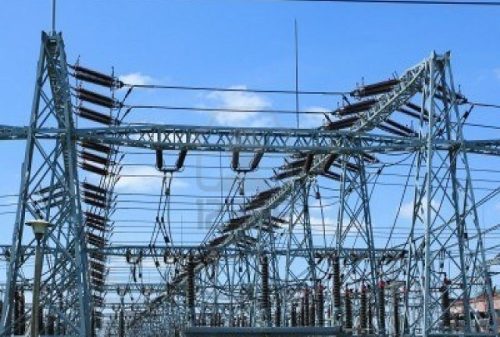
President Bola Tinubu is set to hold a crucial meeting with the leadership of Nigeria’s electricity-generating companies (GenCos) to address the mounting N4 trillion debt threatening the stability of the power sector.
This development follows high-level discussions between the Minister of Power, Adebayo Adelabu, and the chairmen of various GenCos in Abuja last Tuesday. In a statement issued Sunday by Bolaji Tunji, Special Adviser on Strategic Communications and Media Relations to the Minister, the Federal Government pledged urgent action to prevent the imminent collapse of the nation’s power infrastructure.
Adelabu assured GenCo executives that the government is committed to making an immediate cash payment to cover a significant portion of the debt. The remaining balance, he said, would be settled through structured financial instruments such as promissory notes, with full repayment targeted within six months.
“There is a need to make a substantial cash payment upfront and settle the rest using promissory notes,” Adelabu said, adding that this proposal would be tabled during the upcoming meeting between President Tinubu and GenCo leadership.
The GenCos were represented by Col. Sani Bello, Chairman of Mainstream Energy Solutions and the Association of Power Generating Companies (APGC), who warned that the sector is in critical condition due to the massive debt burden. He highlighted that liquidity constraints have rendered GenCos unable to secure financing or maintain infrastructure, warning, “Without urgent action, the entire power ecosystem risks total collapse.”
Kola Adesina, Chairman of Egbin Power and First Independent Power Limited, reinforced the urgency: “This is a national emergency. Power is central to everything—homes, industries, hospitals. The sector must not be allowed to fail.”
Adelabu acknowledged the government’s role in the sector’s current challenges and reaffirmed its determination to implement reforms aimed at reducing operational bottlenecks. He emphasized the importance of fully liberalising the power sector and the necessity of cost-reflective tariffs.
“Nigerians must be willing to pay the true cost of electricity. While the government will continue to support vulnerable groups through targeted subsidies, our economy cannot sustain blanket subsidies forever,” the minister stated, calling for widespread public awareness campaigns to promote compliance and efficient electricity use.
Dr. Joy Ogaji, CEO of the APGC, outlined persistent structural issues facing GenCos, including chronic payment defaults, unreliable gas supply, and exchange rate volatility. She noted that the naira’s sharp depreciation—from ₦157/$1 in 2013 to ₦1,600/$1—has severely impacted operations, especially maintenance and loan obligations.
“GenCos have shouldered unbearable risks, from frequent grid failures to burdensome taxes, all while remaining committed to national service,” she said.
As part of the path to sustainability, the minister revealed plans for regulatory reforms to reduce levies and promote market stability. He also urged GenCos to work collectively on advocacy campaigns to educate Nigerians on the realities of electricity tariffs and efficient energy consumption.
Would you like this rewritten in a shorter press release format as well?
4o
